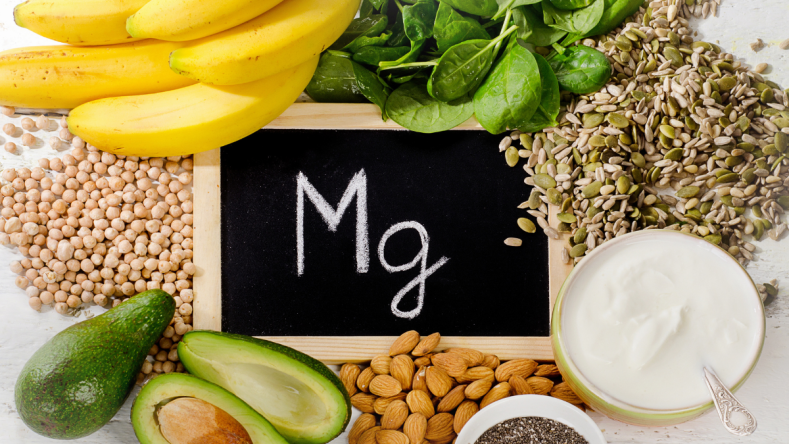What does magnesium do for athletes?
This question is about NutritionRunning and Cycling
Magnesium is involved in maintaining normal nerve and muscle function, heart rhythm, blood pressure, blood glucose levels, and calcium absorption, all of which are important for athletes [ 1 1 [2]
The recommended dietary allowance (RDA) of magnesium for men and women is 400-420 mg and 310-320 mg, respectively, but it is estimated that 60% of adults do not meet these requirements [ 1 1

People also ask:
[1] Volpe, S. L. (2015). Magnesium and the Athlete. Current Sports Medicine Reports, 14(4), 279–283. https://doi.org/10.1249/jsr.0000000000000178
[2] Zhang, Y., Xun, P., Wang, R., Mao, L., & He, K. (2017). Can Magnesium Enhance Exercise Performance?. Nutrients, 9(9), 946. https://doi.org/10.3390/nu9090946
[3] Garrison, S. R., Korownyk, C. S., Kolber, M. R., Allan, G. M., Musini, V. M., Sekhon, R. K., & Dugré, N. (2020). Magnesium for skeletal muscle cramps. The Cochrane database of systematic reviews, 9(9), CD009402. https://doi.org/10.1002/14651858.CD009402.pub3
